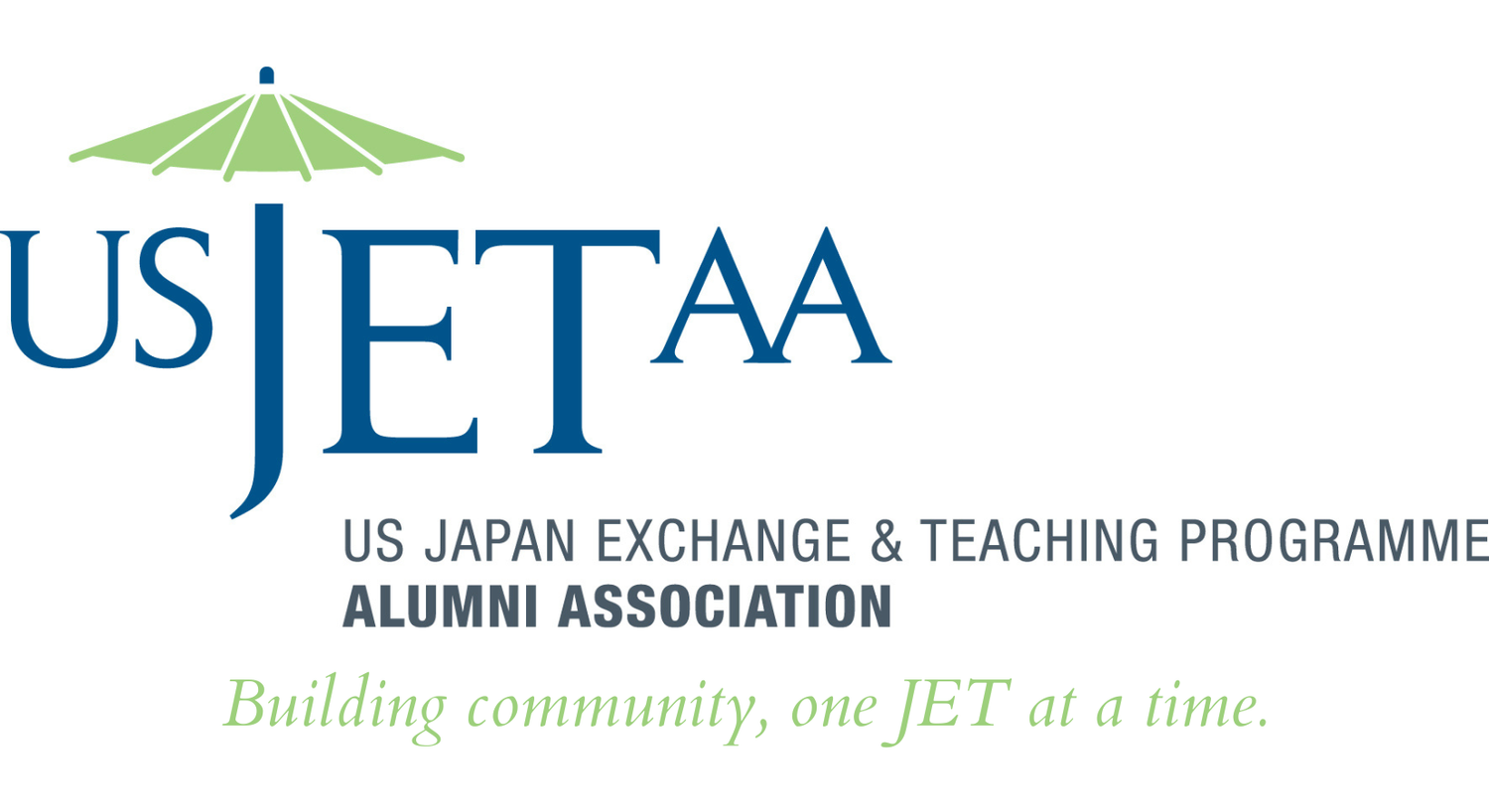From Post-War Peace to Partners in Space: New Frontiers for the US-Japan Alliance
About the Author
Gil Breit served on the JET Program as an ALT/AET in Shibukawa City, Gunma Prefecture, from 1989-1990, where he was assigned to four junior high schools and one senior technical high school. After returning to the United States, Breit combined his interest in law enforcement with a need for his language abilities as a means of bridging a communications gap between police departments and the Japanese community in the northern New Jersey area. Breit became a detective with the Bergen County Prosecutor’s Office in 1992 and served in multiple criminal investigative units and specialties throughout his nearly 27-year career.
Following the September 11 terrorist attacks, Breit was reassigned to a newly formed Intelligence and Counterterrorism Unit and served the second half of his career specializing in counterterrorism initiatives, investigations, intelligence, threat mitigation, and regional homeland security strategies and coordination. During most of that time, he was embedded in the FBI Joint Terrorism Task Force (JTTF) and concentrated on countering international terrorism.
He retired from law enforcement as a Detective Sergeant in January 2019. Following his retirement, Breit again combined his government and counterterrorism background and Japanese language abilities as a Security Manager for NBC Sports Group/ NBC Olympics in preparation for the Tokyo 2020 Summer Olympic Games. Breit currently serves as the Flotilla Commander for Air Station Caldwell in the United States Coast Guard Auxiliary covering the New York metropolitan area.
About JETs on Japan
JETs on Japan is a partnership between USJETAA and Sasakawa Peace Foundation USA (Sasakawa USA) that features selected articles of JET alumni perspectives on US-Japan relations. The series aims to elevate the awareness and visibility of JET alumni working across diverse sectors and provides a platform for JET alumni to contribute to a deeper understanding of US-Japan relations from their fields. The articles will be posted on USJETAA’s website to serve as a resource to the wider JET alumni and US-Japan communities on how alumni of this exchange program are continuing to serve as informal ambassadors in US-Japan relations.
Submissions are encouraged from mid-to-senior level professionals who are established in the current fields OR current/recent graduate degree students in both master’s and doctoral programs.



